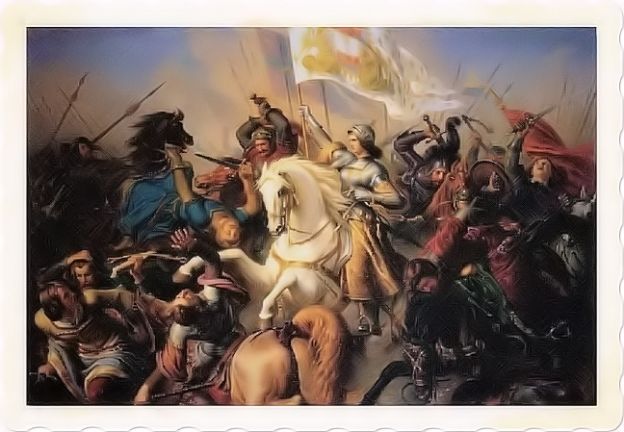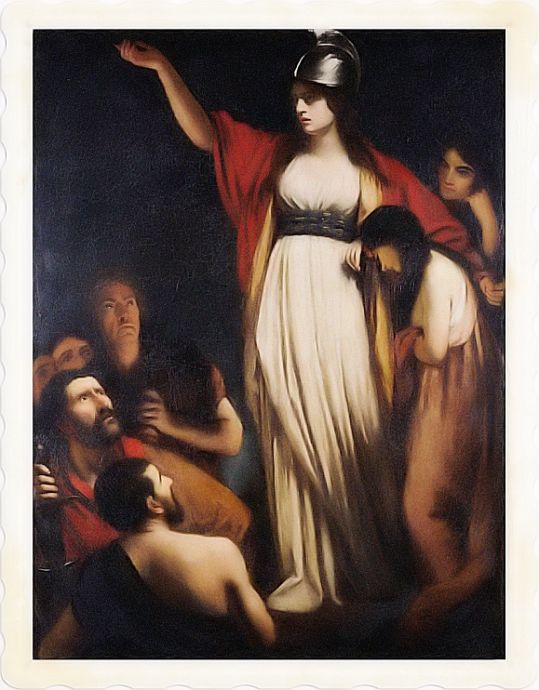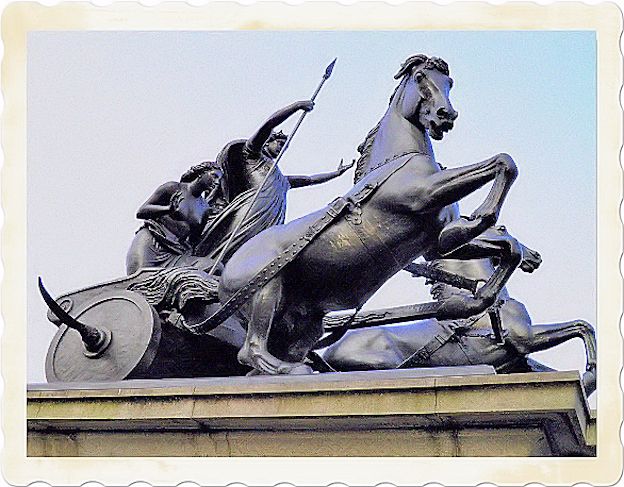
Three brave and glorious women. For the International Women Day 2023 I would like to remember three extraordinary female characters, offering this way my homage to all the women of the world who are struggling for justice and freedom.
Yana Rykhlitska, a 29-year-old paramedic who volunteered for the Ukrainian army in the 93rd Kholodnyi Yar Mechanized Brigade, has been killed near the city of Bajmut. Yana died during the evacuation of the wounded because the ambulance she was moving in was shot at by Russian troops, most likely by mercenaries of the Wagner Group, who have been slaying the city for days.
Yana was known among the Ukrainian military fighting on the Bajmut front as “the angel of Ukrainian troops”. An insurance company worker, Yana voluntarily joined the Ukrainian Armed Forces to work as a doctor at the stabilization center in the city of Bajmut following the Russian invasion. Furthermore she had been active in raising funds for Ukrainian fighters since the beginning of the invasion.
Yana’s friend Tetiana Zenart explained, “Hours before his medical evacuation vehicle was attacked, I asked her how she was.” “She replied to me that she was having fun and still one piece.” Spanish journalist Almudena Ariza also wanted to remember Yana, whom he met at the military hospital in the besieged city of Bajmut. “He told us she couldn’t talk to the media, but offered us coffee and smiles,” she wrote on his Twitter account.
Rykhlitska’s work was greatly appreciated by the soldiers, but also by the civilian population. She will always be remembered as a brave warrior, especially in Bajmut, where she also carried out ‘on-site’ evacuation work. They call her “bakhmoth angel.” Her loss dealt a major blow to Ukrainian resistance.

Jeanne d’Arc, also known as Joan of Arc, was born into a peasant family in northeastern France during the Hundred Years War between France and England. In 1429, at the age of 17, she presented herself to the Dauphin of France, Charles VII, and convinced him to give her command of an army to liberate the city of Orléans from the English siege.
Joan also led troops to overcome a monastery named Bastille des Augustins that controlled a south approach to two English strongholds, Les Tourelles and Saint-Loup. These strongholds were part of a series of forts built by the English around Orleans in an effort to prevent anyone from leaving the city and to prevent trade and communication from entering, which helped secure her victory.
Thanks to her military skills and her ability to inspire soldiers, Her leadership and military tactics were instrumental in repulsing an English attempt to conquer France during the war. Joan was able to win the battle and subsequently led the dauphin to her coronation as king of France.
However, in 1430, Joan was captured by allied forces of the English and Burgundians and she was sold to the English. She was tried for heresy and witchcraft before an ecclesiastical court and was accused of having received her military and political instructions directly from God. This was considered heretical, as it challenged the authority of the Catholic Church. Furthermore, she was accused of wearing men’s clothes and of behaving inappropriate for a woman.
Giovanna defended herself with great courage, but she was sentenced to death by being burned at the stake. She was executed in Rouen, Normandy on May 30, 1431, at the age of 19. It was only in 1456 that the Catholic Church recognized her innocence and proclaimed her a saint.

Boudicca, also spelled Boadicea or Boudica, was the queen of the ancient British Iceni tribe. She is renowned for leading a rebellion against Roman rule in 60 CE. Widely regarded as a British national heroine and a symbol of the struggle for justice and independence, Boudica became queen of the Iceni people when she married King Prasutagus. Her name means “Victorious Woman”, known in Latin chronicles as Boadicea or Boudicea, and in Welsh as Buddug.
The rebellion of the Iceni tribe in 47 CE could be considered as one of the causes of Boudicca’s rebellion against the Romans. The Iceni’s earlier rebellion against the Romans shows that despite their alliance with Rome, there were still tensions between the two sides. When the Romans tried to disarm the Iceni, it may have been seen as a breach of trust and a violation of their agreement. This could have further fueled the Iceni’s resentment towards Rome and increased their willingness to rebel again.
On his death in AD 60/61, Prasutagus made his two daughters as well as the Roman Emperor Nero his heirs. The Romans ignored the will, and the kingdom was absorbed into the province of Britannia. Catus Decianus, procurator of Britain, was sent to secure the Iceni kingdom for Rome, confiscating the royal family’s properties and mistreating Boudicca and her daughters.
In response to this abuse, Boudicca led a revolt against the Romans. She raised an army of over 120,000 uniting various rival tribes to form a formidable force and attacked the Roman cities of Colchester, London and Verulamium (modern St Albans), killing and destroying everything in her way. Her most important victory was that of London, which she burned to the ground.
While her forces did manage to massacre approximately 70,000 Romans and their supporters, in the end Boudicca’s rebellion was defeated by the Roman army led by Governor Suetonius Paulinus at the Battle of Watling Street in AD 61. According to some sources, she Boudicca died soon after, while others say she survived and lived for some time after the revolt.
The Roman army was heavily outnumbered – according to the historian Cassius Dio the rebels numbered 230,000 – but Boudica’s army was crushed, and according to Tacitus, neither the women nor the animals were spared. Tacitus states that Boudica poisoned herself; Dio says she fell sick and died, after which she was given a lavish burial. It has been argued that these accounts are not mutually exclusive.
Anyway, despite her defeat, Boudicca has become a symbol of resistance and freedom for many Britons and her story has been passed down through the generations as an example of courage and determination against oppression.

To find out more about women you can also read:

